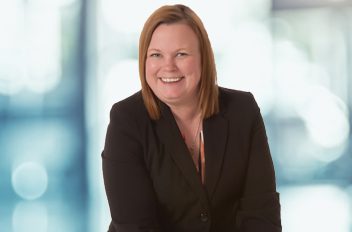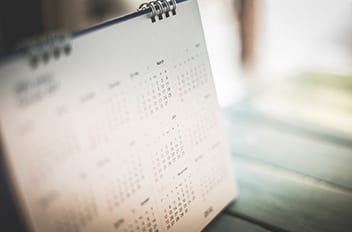DESIGNED FOR A BUSINESS OWNER WITH NO EMPLOYEES
One-participant 401(k) plans typically called Solo-k (Single Participant) plans are a traditional 401(k) plan covering a business owner with no employees, or that person and his or her spouse. These plans have the same rules and requirements as any other 401(k) plan.
Contribution limits
The business owner wears two hats in a 401(k) plan: employee and employer. Contributions can be made to the plan in both capacities. The owner can contribute both:
- Elective deferrals up to 100% of compensation (“earned income” in the case of a self-employed individual) up to the annual contribution limit:
- $19,500 in 2021 or $25,000 if age 50 or over. Individuals 50 and older can contribute an extra $6,500 in “catch-up” contributions.
- Employer nonelective contributions up to: 25% of net earned income
- Total contributions to a participant’s account, not counting catch-up contributions for those age 50 and over, cannot exceed $58,000 for 2021.
Testing
A business owner with no common-law employees doesn’t need to perform nondiscrimination testing for the plan, since there are no employees who could have received disparate benefits.
A one-participant 401(k) plan is generally required to file an annual report on Form 5500-SF if it has $250,000 or more in assets at the end of the year.
Let us exceed your expectations. Contact Jen Burnett at (888) 388-1040 to learn more.






